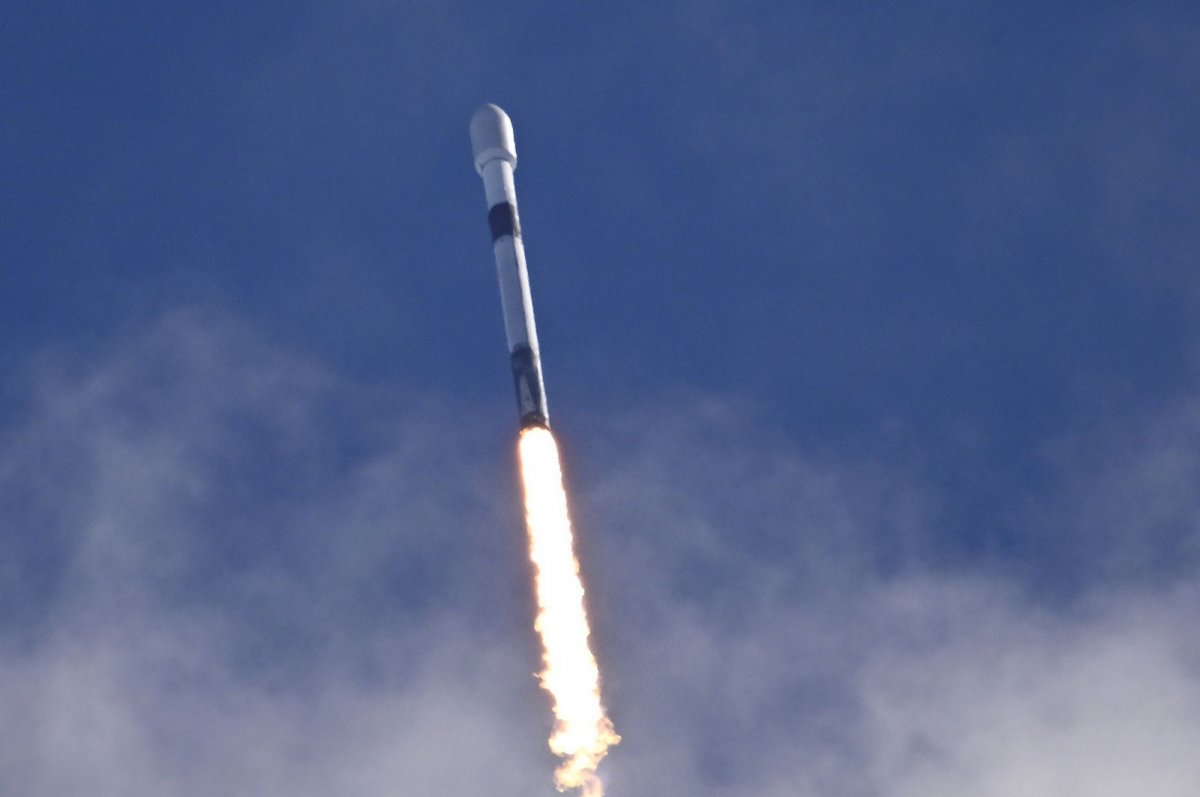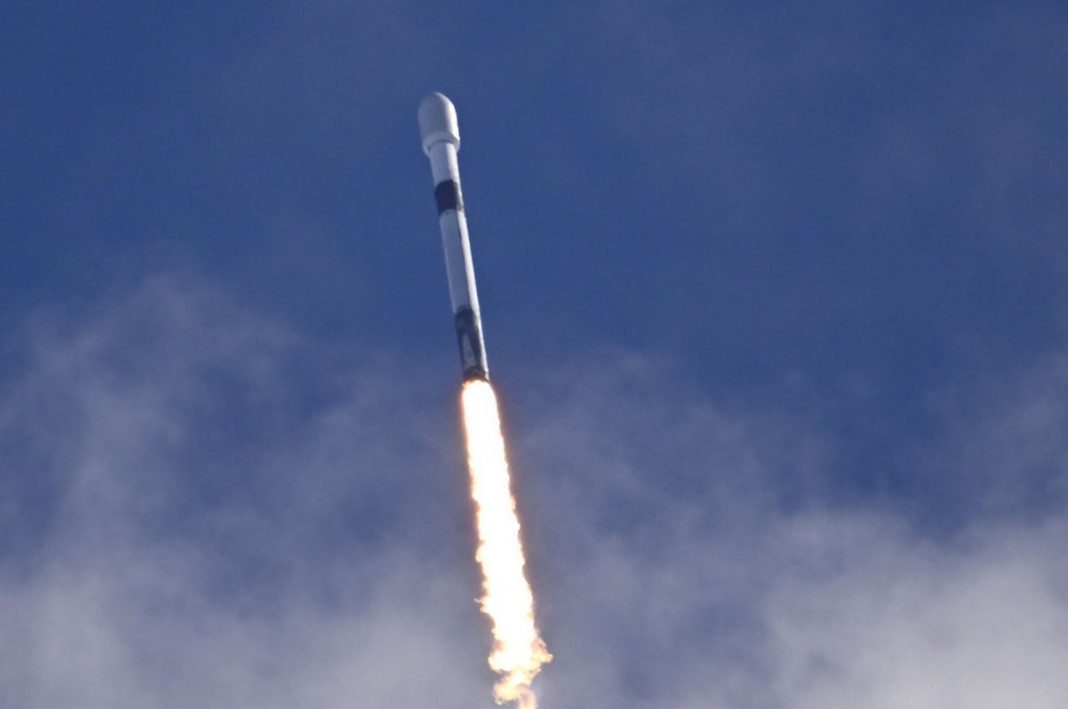
Nov. 23 (UPI) — A SpaceX rocket carrying a communications satellite blasted off from Cape Canaveral, Fla., Tuesday night on a mission that will allow improved internet connectivity for passengers aboard ships and planes.
The Eutelsat-10B satellite lifted off from Space Launch Complex 40 atop the Falcon 9 rocket at 9:57 p.m. before assuming a super synchronous geostationary transfer orbit around the Earth.
It was the final flight of the Falcon 9 reusable rocket, which has been in service since 2018. With Tuesday’s launch, SpaceX has completed a series of four satellite missions for Paris-based Eutelsat since early September. On Nov. 12, the Falcon 9 delivered two communications satellites, the Galaxy 33 and 34, into orbit for Intelsat, a multinational satellite services provider based in Luxembourg.
A previous attempt to launch the satellite was scrubbed a day earlier due to unfavorable weather conditions, but a second try went according to plan, with the Falcon’s core rocket booster splashing down later in the Atlantic Ocean.
Franco-Italian aerospace manufacturer Thales Alenia Space built the satellite for Eutelsat Communications in order to provide improved broadband connections for vessels traveling across remote regions, where internet service can be nonexistent — particularly in the North Atlantic, and vast regions of Europe, the Middle East and Africa.
The satellite’s communication signals will beam over a voluminous coverage zone from the North Atlantic to Asia, and would conceivably keep passengers and crews connected while in transit.
The satellite, which weighs about 12,000 pounds, deployed about 35 minutes after the launch and by early next year will assume a permanent geostationary orbit at 22,000 miles above the Earth.
